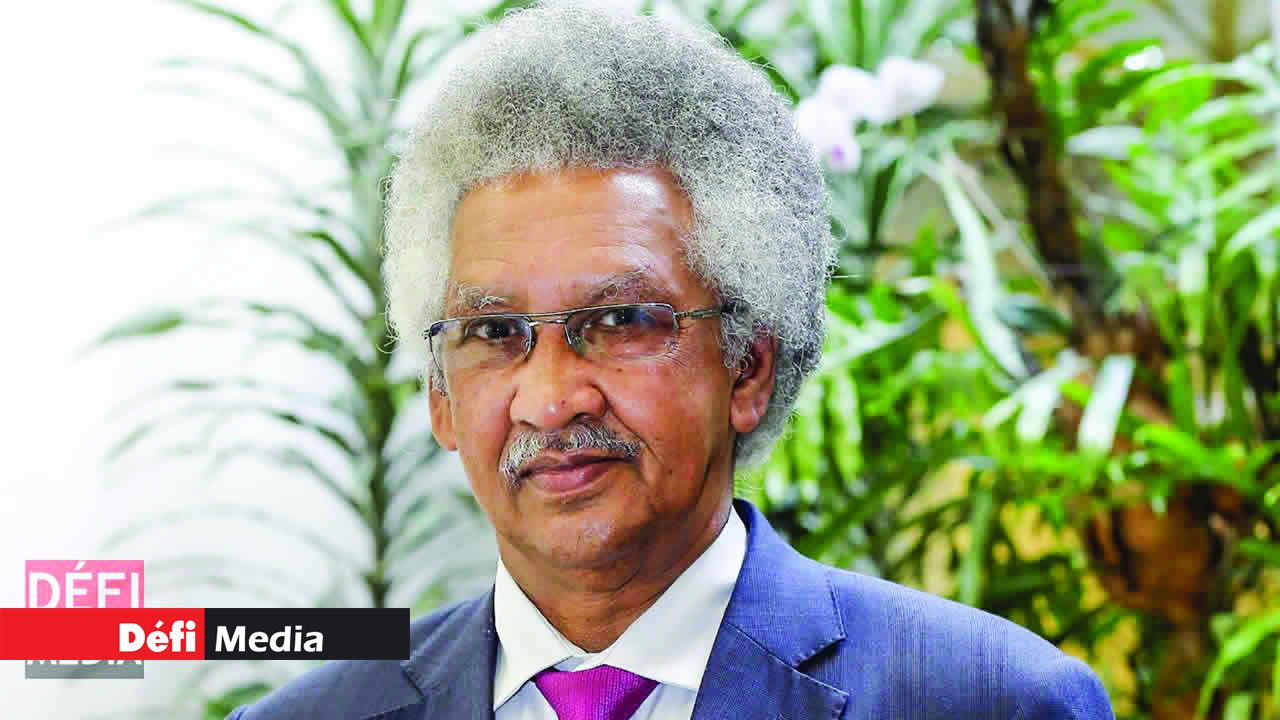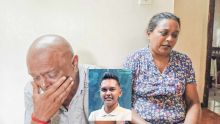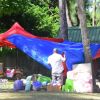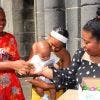
The latest Afrobarometer survey analyses the different aspects of how Mauritians perceive their roles as citizens. According to the survey, Mauritians express a strong sense of national identity but are unlikely to participate in political and civic activities, and most do not feel completely free to say what they think.
Publicité
For almost nine out of 10 Mauritians, their national identity is at least as strong as their ethnic identity. Similarly, 63% say they “feel equally Mauritian and (a member of their ethnic group.) Only 18% of the respondents say they feel only Mauritian.
Furthermore, most Mauritians are not active in religious or community groups. Only two in 10 citizens are active members or leaders of religious groups that meet outside of regular worship services (11%) or other voluntary associations or community groups (9%). Religious groups are somewhat more popular among older citizens than other kinds of associations or community groups.
Participation in election campaigns
The survey reveals that only small minorities of Mauritians say they attended a campaign rally (15%) or worked for a candidate or party (8%) during the last national elections in 2014 but 76% say they voted in the 2014 elections. A majority of Mauritians say they “would never” engage in certain lawful citizen actions to express dissatisfaction with the government’s performance.
Political involvement
The survey shows that almost 71% of respondents declare that people “often” or “always” have to be careful about what they state about politics. Seven in 10 respondents also say that people must “often” or “always” be careful about which political organizations they join.
Caution regarding joining political organizations is most common among young respondents (aged 18-25) and increases with education level, ranging from 59% among those with no formal education to more than 70% among those with at least a secondary education.
Sizeable minorities of Mauritians say their political freedoms have eroded over the past few years. 31% say citizens now have “somewhat less” or “much less” freedom to say what they think about politics, while 21% say they have “somewhat more” or “much more” freedom and 43% believe little has changed. Around 30% respondents say the media has less freedom than a few years ago to investigate and criticize government actions, while about the same proportions believe that media freedom has increased by 31%.
Conclusion
In their concluding remarks, it can be seen that Mauritians value their national identity; most do not fully assume their role as citizens by engaging in civic and political activities. “Women, urban residents, and those without formal education are less likely than men, rural residents, and the better-educated to participate in civic activities such as attending community meetings and joining with others to raise an issue. Moreover, most Mauritians say they have to be careful about voicing their political opinions and joining political organizations.”

Notre service WhatsApp. Vous êtes témoins d`un événement d`actualité ou d`une scène insolite? Envoyez-nous vos photos ou vidéos sur le 5 259 82 00 !





















